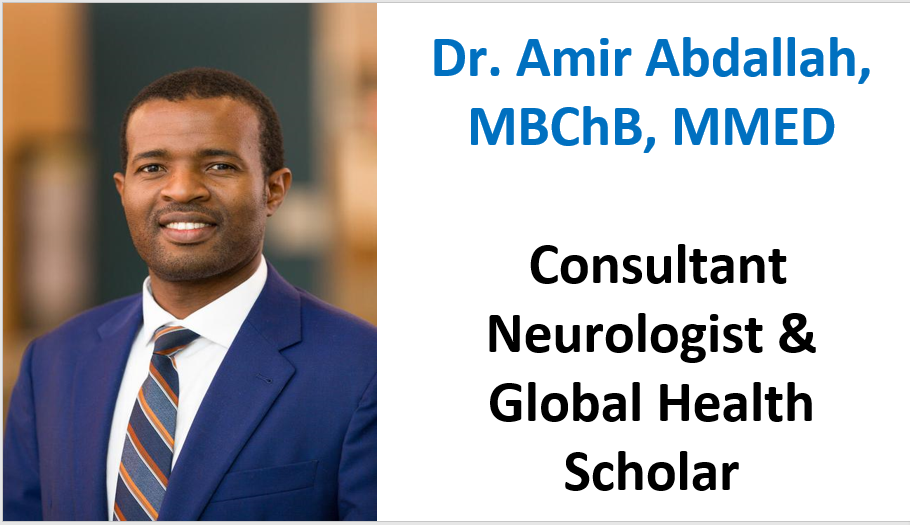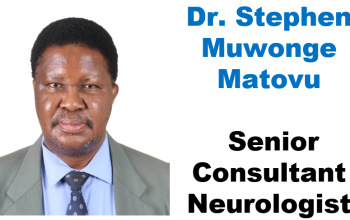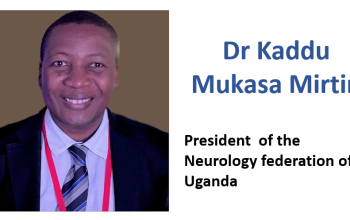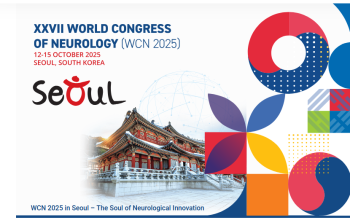Dr. Amir Abdallah, MBChB, MMED – Consultant Neurologist & Global Health Scholar
Professional Background and Career Journey
Dr. Amir Abdallah (also known in academic circles as Amir A. Mbonde) is an accomplished consultant neurologist and internal medicine physician whose work bridges the fields of clinical neurology, global health, and academic medicine. With an early passion for medicine and neuroscience, he pursued his undergraduate and postgraduate medical training at one of East Africa’s most respected medical institutions Mbarara University of Science and Technology (MUST) in Uganda.
He was awarded his Bachelor of Medicine and Bachelor of Surgery (MBChB) in 2009, laying the foundation for a strong clinical career. Motivated by the growing burden of non-communicable diseases in Africa, particularly neurological disorders, he pursued and completed a Master of Medicine (MMED) in Internal Medicine in 2015, also from MUST.
Following his training, Dr. Abdallah served as both a lecturer and physician at the Mbarara University School of Medicine and the Mbarara Regional Referral Hospital, where he worked at the frontlines of clinical care while mentoring undergraduate and postgraduate medical trainees. His dual role in academia and clinical medicine allowed him to influence both the present and future of neurological health services in Uganda.
Impact and Leadership in Neurology in Uganda
During his tenure at Mbarara, Dr. Abdallah became an instrumental figure in advancing the understanding and management of stroke, which is increasingly recognized as a leading cause of disability and mortality in Uganda and across sub-Saharan Africa. He participated in pivotal clinical research that explored the real-world outcomes of stroke patients, focusing on clinical presentation, in-hospital mortality, and determinants of poor prognosis.
One of his most cited studies, titled “Stroke Mortality Outcomes in Uganda,” documented the 30-day mortality rate of stroke patients admitted to Mbarara Regional Referral Hospital. The study revealed a 38.1% mortality rate, a statistic that underscored the urgent need for better stroke care infrastructure, early recognition, and timely intervention. In this research, Dr. Abdallah and his team identified key prognostic factors such as:
- Elevated NIH Stroke Scale (NIHSS) scores on admission
- Female gender, which was surprisingly associated with higher mortality
- Presence of anemia, a commonly overlooked comorbidity
- HIV-positive status, indicating a synergistic interaction between infectious disease and vascular health
In parallel, he was a lead contributor to studies comparing neurological assessment tools in low-resource settings. Most notably, he explored the clinical utility of the FOUR (Full Outline of UnResponsiveness) Score versus the traditional Glasgow Coma Scale (GCS). His research provided evidence that the FOUR Score may offer enhanced prognostic accuracy for patients with altered levels of consciousness, especially in settings where neuroimaging or intensive care support may be unavailable.
Through these contributions, Dr. Abdallah helped shape the evolving framework for neurological diagnostics and care protocols in resource-constrained environments.
Scholarly Interests and Global Research Collaborations
Dr. Abdallah’s scholarly pursuits lie at the dynamic interface between neurology, infectious diseases, and health systems strengthening. His research interests are focused on themes of both local and international relevance, including:
- Acute stroke management and epidemiology in African contexts
- Adaptation of neurologic assessment tools for clinical relevance in rural hospitals
- The impact of HIV/AIDS, malaria, tuberculosis, and anemia on neurologic outcomes
- The intersection of non-communicable and communicable diseases, particularly in neurological syndromes
- Implementation of evidence-based protocols for neurologic emergencies in low-income settings
In addition to his local research, Dr. Abdallah has been actively involved in several international collaborative networks. He has worked with global health partners including Harvard Medical School, University of California San Francisco (UCSF), and the Mayo Clinic, contributing to cross-continental research on stroke, HIV neurology, and neurorehabilitation.
These partnerships have not only advanced his own academic profile but also helped integrate Ugandan clinical data into the global scientific discourse, amplifying visibility for the neurological challenges facing sub-Saharan Africa.
Advanced Specialization and Current Clinical Practice
Driven by a vision to deliver world-class neurological care, Dr. Abdallah relocated to the United States to undertake further specialization in neurology. His postgraduate journey in the U.S. is marked by a sequence of elite training experiences, including:
- A rigorous Neurology Residency (2018–2022), where he refined his clinical acumen across all major domains of neurology
- A Vascular Neurology Fellowship (2022–2023), specializing in acute stroke management, thrombolysis, and neurocritical care
- A Clinical Neurophysiology Fellowship (2023–2024), with advanced training in EEG, EMG/NCS, and epilepsy monitoring
These fellowships were completed at some of the world’s most respected neurology programs, including those affiliated with Mayo Clinic and Harvard University. His training emphasized a balance of clinical excellence, academic rigor, and compassionate patient-centered care.
Today, Dr. Abdallah serves as a board-certified neurologist practicing in the State of Georgia, USA, with affiliations to both the Mayo Clinic–Arizona and the Augusta University Medical College of Georgia. His practice encompasses general neurology with subspecialty focus in stroke neurology, epilepsy, and neuromuscular disorders.



